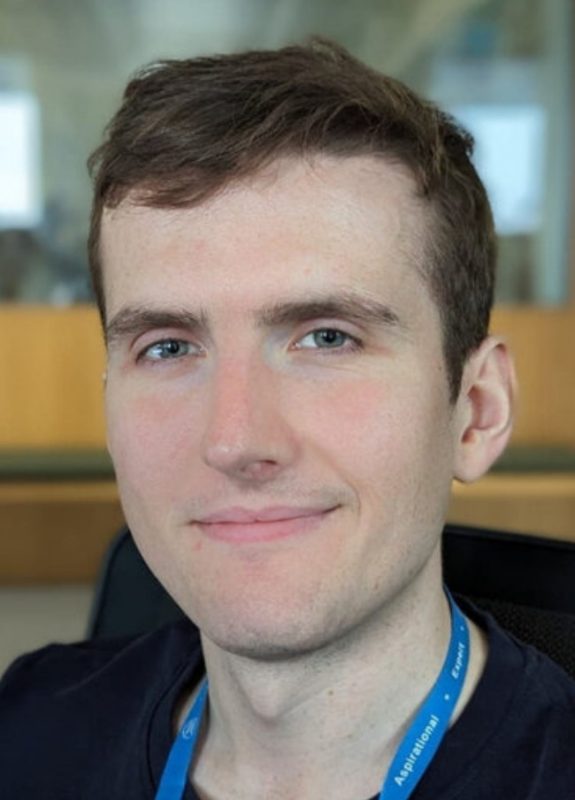We’re delighted to announce the winners of our newly introduced PhD Prize for outstanding theses and viva performances. Carmen Ramirez Moncayo, Paul Middleton and Sherry Cheriyamkunnel impressed their examiners with their exceptional breadth of knowledge, analytical skills and clarity of scientific communication.
By Emily Armstrong
April 24, 2025
Time to read: 3 minutes
Our PhD students are at the centre of our contributions to world-leading research at the MRC Laboratory of Medical Sciences (LMS). Through their PhD training, embedded in our state-of-the-art research facility, they acquire the key skills they’ll need to propel them into the next stage of their career so that they can become the next generation of future leaders in science. To recognise the achievements of our students, we’ve launched a biannual PhD Prize to celebrate the highest standards of doctoral research at the LMS. When a student’s viva interview and thesis are especially impressive, their examiner can nominate them to win this prize. Winners of the prize are awarded £500 for their achievement. Congratulations to our first three winners; Carmen Ramirez Moncayo, Paul Middleton and Sherry Cheriyamkunnel!
Carmen Ramirez Moncayo
Carmen completed her PhD under the supervision of Dr Louise Fets in the drug transport and tumour metabolism group. Her project looked at how differences in PARP inhibitor drug accumulation in the tumours of ovarian cancer patients impacts how well their treatment works.
Having completed her PhD, Carmen will now continue working at the LMS as a postdoctoral researcher after receiving funding from the American Association of Cancer Research to continue her research.

Paul Middleton
Paul is a trainee doctor who completed his PhD as part of our Chain Florey scheme, which provides a pathway for clinicians into research. He was supervised by Dr Helena Cochemé who leads the redox metabolism group, and Professor Mark Thursz of Imperial College London. Paul studied the effects of mitochondrial dysfunction in immune cells from patients with severe alcohol-related hepatitis. This is a serious and potentially life-threatening condition that causes inflammation and damage to the liver.
He is now continuing his research part time, while returning to clinical practice.

Sherry Cheriyamkunnel
Sherry completed her PhD under the supervision of Professor Amanda Fisher, former director of the LMS who now leads the epigenetic memory group at the University of Oxford.
In people with two X chromosomes, one of the chromosomes is randomly inactivated to ensure that they have the same amount of X chromosome gene products as people with XY chromosomes. Sherry studied how cells remember which X chromosome is active or inactive, and how this memory is passed on when they divide.
She’s now further exploring chromosome structure and function during cell division as a postdoctoral researcher in the epigenetic memory group at Oxford.

We are proud of all of our dedicated PhD students, and we wish all those who are newly graduated the best of luck in their future careers!